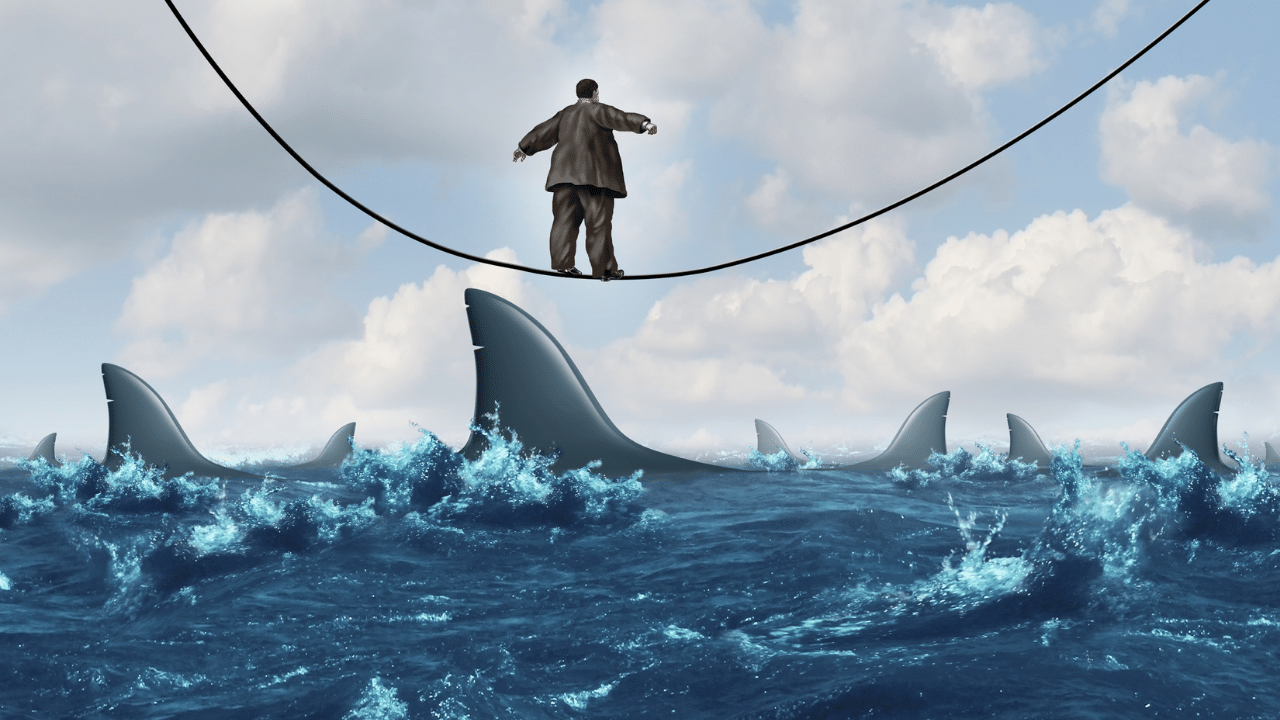When the going gets tough, the tough get wise

Last week, we saw gymnast and gold medallist, Simone Biles, withdraw from the Olympics in Tokyo. As we now know, she chose to prioritise her mental health over her medal count.
For the most part, there was a wonderful outpouring of support – from the likes of Michael Phelps to Michelle Obama and Justin Bieber, but … not everyone was kind.
Some criticised her actions, painting her as selfish and weak. Piers Morgan, journalist and media figure, tweeted:
“Are “mental health issues” now the go-to excuse for any poor performance in elite sport? What a joke. Just admit you did badly, made mistakes, and will strive to do better next time. Kids need strong role models not this nonsense”.
Now, I must admit that my initial response when she pulled out, was disappointment. It looked like she was giving up. Surely this was just an “off” day?
But far from succumbing to defeat, Biles has given us a beautiful example of resilience in action.
Yes, resilience is about mental tou...
The secret to thriving even through the tough times

In his book simply titled, “But I survived”, Tadeusz Sobolewicz shares the story of his personal ordeal surviving six Nazi concentration camps, a Gestapo prison and a nine-day death march. It is the harrowing tale of a man who fought bravely to stay alive in hellish conditions for the duration of World War 11.
Thankfully, most of us will never have to face such extreme hardship but Sobolewicz’s story nonetheless has relevance for our lives today. We may not be trying to escape death but difficulties come in all shapes and sizes. And this tragic tale of woe is also one of hope. Hope that whispers, “you can too”.
Of course, we know that for every Sobolewicz, there are many more who give up. Plenty who try and fail and fail to rise again.
So, what enables one person to overcome whilst another crumples in defeat?
I believe the answer lies in resilience. Resilience is the antidote to succumbing, complaining, blaming and numbing. Resilience is the ability to endure with hope. It is...
